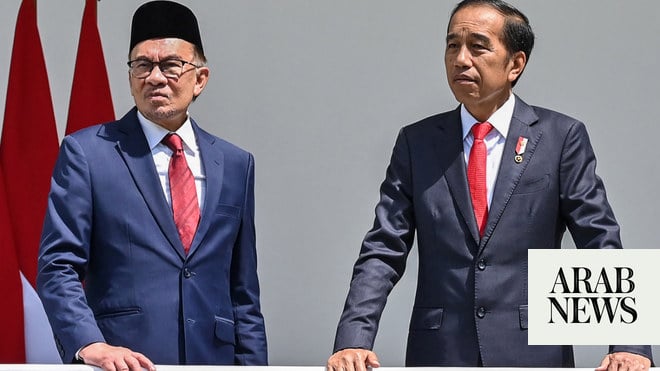
KABUL: Residents in the rugged and remote district of Musa Khail have traditionally considered it taboo to allow their girls to go to school.
But the fiercely independent Mangal tribe that dominates the district in southeastern Khost province has been suffering from enormous hardships due to this stubbornness; it means no school for girls in the villages and no female nurses or doctors to treat women.
The deeply conservative villagers, who abhor medical treatment of their female family members by men, have been sending them several hundred kilometers away to Kabul or to neighboring Pakistan for treatment by women — or bringing back female doctors to treat their women.
The villagers have been paying a high price as patients would sometimes die on the way to hospital, and having female doctors to operate in the district has been highly expensive.
Lately, local tribal chiefs and elders have put their foot down and at a local gathering issued a resolution making girls’ education compulsory.
Those who fail to send their daughters to school will have to pay fine of 5,000 Afghan afghani ($70) to the tribe, the officials said.
“This is an initiative, this is a revolution here,” Gulab Mangal, district chief of Musa Khail, who was present during the gathering, told Arab News by phone on Monday.
He said there that were only 25 schools for an estimated 20,000 boys in the district, but none at all for girls.
The villagers’ next struggle is to get the government or donors to provide funding for building schools for the district’s nearly 2,000 girls who are eligible to learn, he said.
Nasir Ahmad, head of education for Khost province, said that he will share the decision of the villagers with authorities in Kabul and sounded hopeful that a budget will be dedicated to build schools for girls in the district.
“Having schools for girls in Musa Khail will also encourage villagers in other parts to allow their girls to go school as people now understand the value of education and that they need it badly,” he told Arab News.
Liqatullah Mangal, a tribal chief from Musa Khail who is also a lawmaker from Khost, described the decision by tribal chiefs as revolutionary.
“The people know that without education they will not be able to live. People need women teachers and doctors in their homes and to have all of that they should send their girls to school. People’s perception has changed a lot,” he told Arab News.
“They say ‘why do I have to send my wife, daughter, or sister to be treated far away by a woman doctor, and why not send her to school to help us and other villagers,’” he said.












